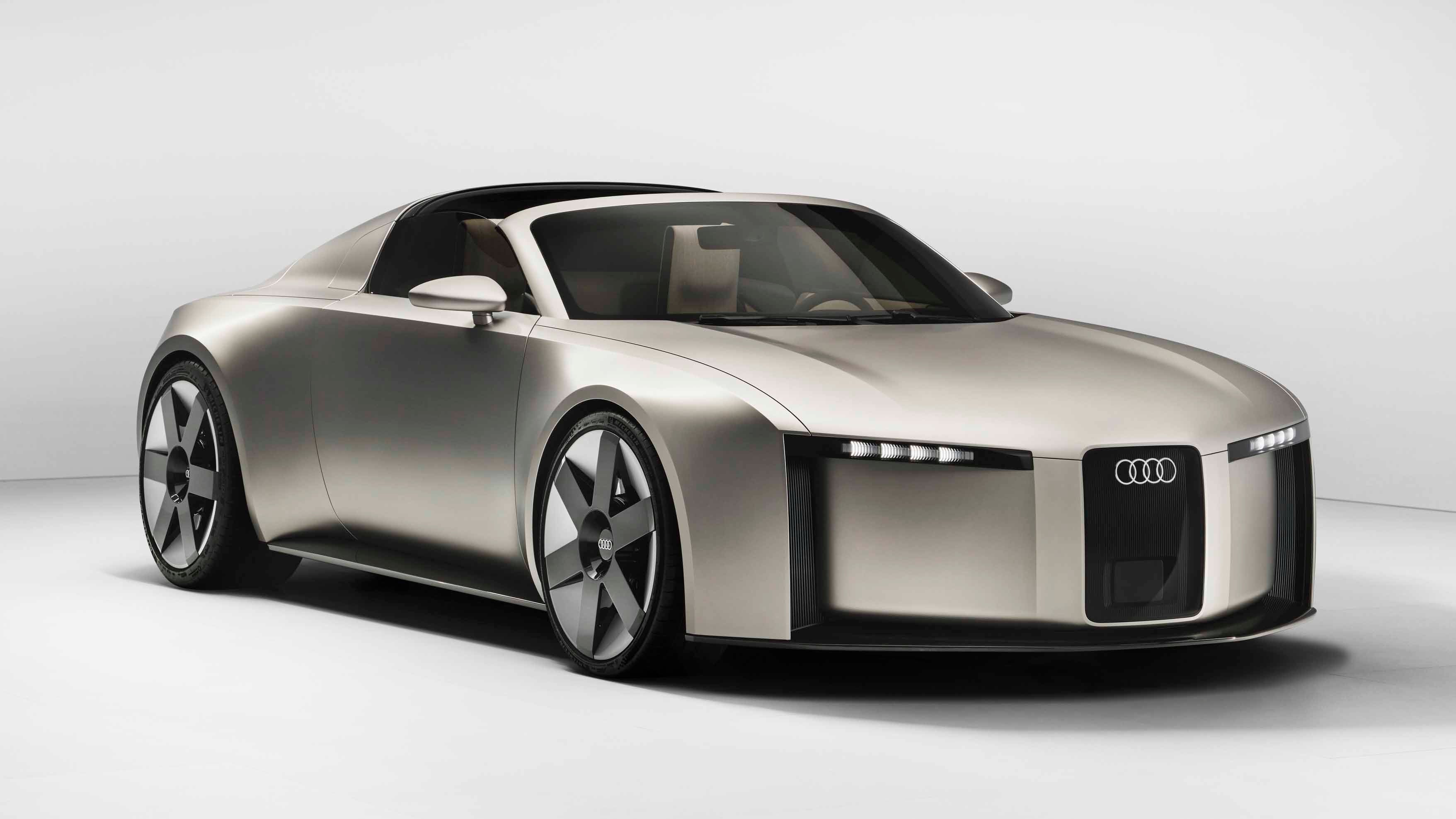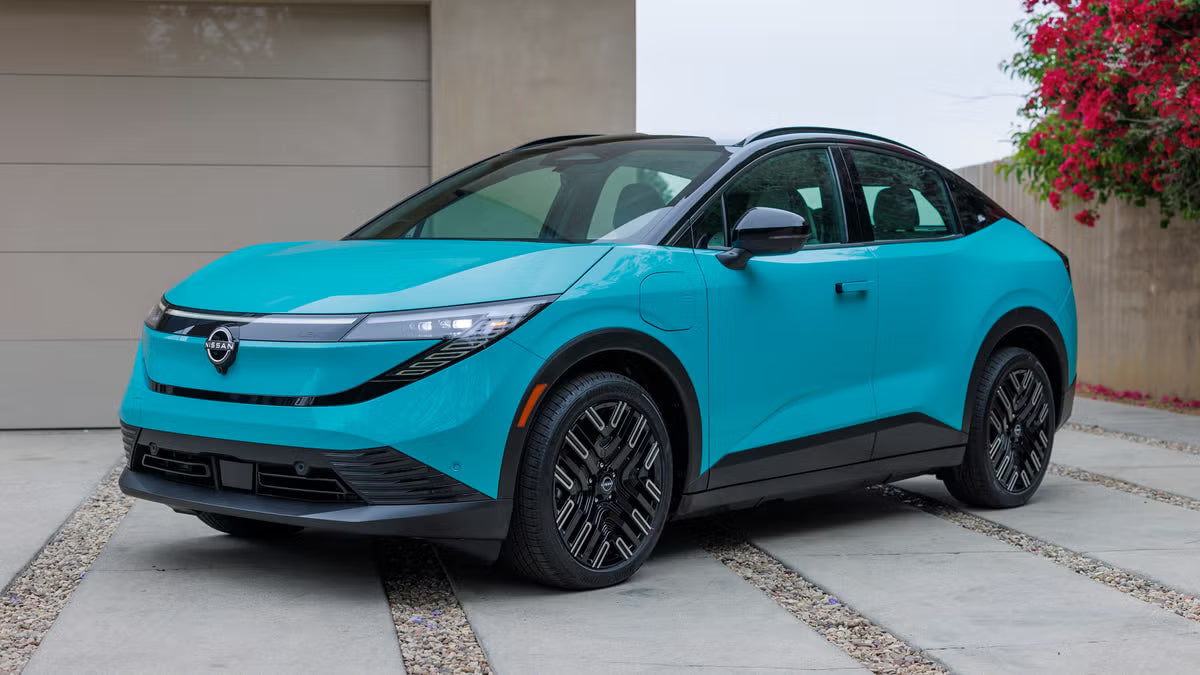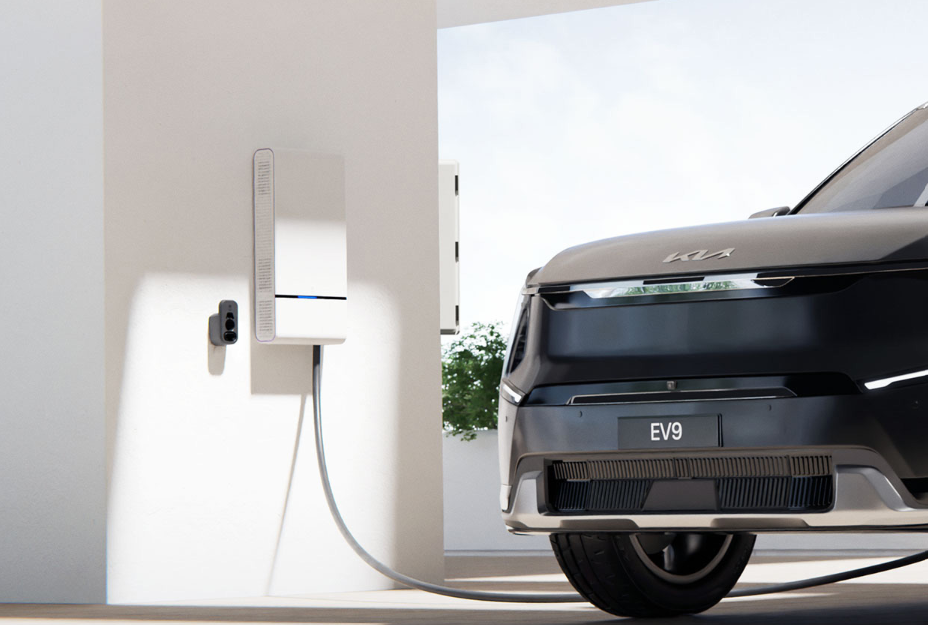Volkswagen (VW) a réalisé une percée spectaculaire dans le secteur allemand des véhicules électriques (VE), s'emparant d'une part de marché dominante de 46 % au premier semestre, selon une nouvelle analyse basée sur les données du Kraftfahrt-Bundesamt (KBA), l'autorité fédérale allemande des transports motorisés. Le géant automobile basé à Wolfsburg a largement devancé ses concurrents, dont Tesla et BMW, dans un contexte d'évolution rapide du marché allemand des véhicules électriques.
L'essor de VW sur le marché allemand des véhicules électriques
En seulement un an, VW a augmenté sa part de marché des véhicules électriques de 32 % à 46 % , une progression remarquable portée par une gamme de produits solide et une logistique optimisée. La domination traditionnelle de l'entreprise sur le segment des véhicules à moteur à combustion interne (ICE), où elle détient généralement environ 40 % de parts de marché, semble désormais se traduire par la mobilité électrique.
Cette performance marque un tournant pour VW, qui peinait jusqu'à récemment à atteindre une telle croissance sur le segment des véhicules électriques. Aujourd'hui, l'offre électrique du groupe VW, qui comprend non seulement Volkswagen, mais aussi Audi, Škoda et Cupra, rencontre un vif succès auprès des consommateurs nationaux.
Lecture recommandée : Les véhicules électriques Volkswagen devraient se connecter au réseau de superchargeurs de Tesla d'ici 2025
📊 Graphique : Part de marché des véhicules électriques en Allemagne (S1 2025)
| Groupe de marques | Part de marché (S1 2025) |
|---|---|
| Groupe Volkswagen | 46% |
| Groupe BMW (BMW, Mini, Rolls-Royce) | 11% |
| Tesla | 3,6% |
| Autres | 39,4% |
BMW conserve la deuxième place ; Tesla chute à la huitième place
Le groupe BMW, qui comprend BMW, Mini et Rolls-Royce, a conquis 11 % du marché des véhicules électriques , se classant deuxième derrière VW. Cette croissance modeste souligne le positionnement constant de BMW sur le marché des véhicules électriques haut de gamme, porté par des modèles comme l'i4 et l'iX.
Tesla a cependant connu un net déclin. Détenant autrefois près de 12 % du marché allemand des véhicules électriques et occupant la deuxième place, le constructeur américain a vu sa part de marché chuter à seulement 3,6 % , chutant à la huitième place. Ce recul reflète la concurrence croissante des constructeurs nationaux et la préférence croissante des consommateurs pour les véhicules électriques fabriqués localement.
Les marques VW dominent les modèles les plus vendus
Au-delà des performances du groupe, l'analyse souligne également la domination de Volkswagen au niveau de la marque. Les modèles électriques de la marque VW ont occupé quatre des cinq premières places du classement des meilleures ventes en Allemagne. BMW a été la seule marque externe à intégrer ce groupe d'élite, se classant deuxième.
Cela souligne l'orientation stratégique de VW vers les plateformes électriques modulaires, telles que l'architecture MEB, qui équipe des véhicules comme l'ID.3, l'ID.4 et l'Audi Q4 e-tron. Ces modèles bénéficient d'une production locale, d'un réseau de concessionnaires performant et d'une accessibilité financière croissante grâce aux mesures incitatives gouvernementales.
Conséquences pour Tesla en Europe
Le fort déclin de Tesla en Allemagne pose des défis majeurs à ses ambitions européennes. Malgré l'ouverture de sa Gigafactory berlinoise en 2022, Tesla a dû faire face à des baisses de prix persistantes, à des problèmes de localisation de logiciels et à des mises à jour de produits limitées par rapport à ses concurrents.
La stratégie mondiale de l'entreprise, fortement axée sur les Model 3 et Model Y , est testée sur un marché européen mature, avec une offre diversifiée de marques historiques. De plus, les consommateurs européens semblent de plus en plus attirés par les véhicules bénéficiant d'un service après-vente local et de l'héritage de la marque, deux atouts que VW offre en abondance.
Quelle est la prochaine étape pour le marché allemand des véhicules électriques ?
Avec l'évolution des incitations gouvernementales et l'amélioration continue des infrastructures, la concurrence dans le secteur allemand des véhicules électriques devrait s'intensifier. Cependant, les investissements massifs de VW dans les logiciels, la production de batteries et la production nationale lui confèrent un avantage certain pour façonner la prochaine phase du marché.
Alors que l'Union européenne s'efforce d'atteindre des objectifs d'émissions plus stricts et d'éliminer progressivement les moteurs à combustion, l'avance initiale de VW pourrait s'avérer décisive.
Conclusion
Le retour en force de Volkswagen sur le marché allemand des véhicules électriques témoigne d'une évolution majeure des préférences des consommateurs et de la domination de la marque. Le marché des véhicules électriques, autrefois fragmenté, se consolide autour de champions nationaux, et VW semble bien placé pour conserver son avance. Parallèlement, la baisse de part de marché de Tesla soulève des questions quant à sa capacité d'adaptation sur les marchés étrangers, dans un contexte de concurrence accrue et d'évolution réglementaire.
Lecture recommandée : Quelle est l’autonomie d’une Volkswagen ID. Buzz avec une charge complète ?








Partager:
La réaction tardive d'Elon Musk au projet de loi ambitieux de Trump pourrait mettre Tesla en difficulté.
Agissez maintenant avant la disparition du crédit d'impôt de 7 500 $ pour les véhicules électriques : ce que les conducteurs doivent savoir avant le 30 septembre 2025